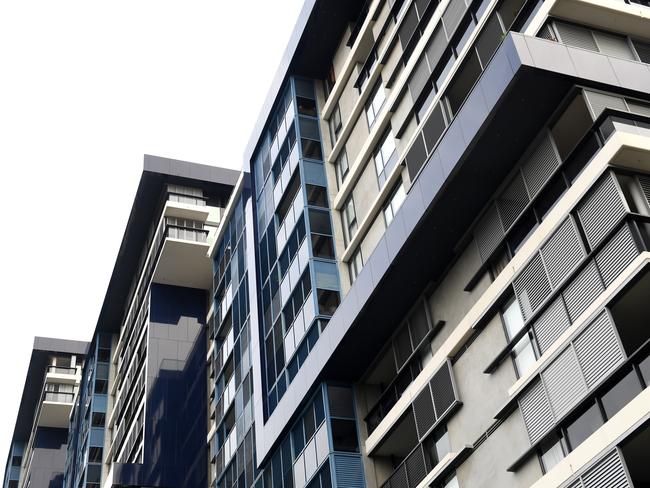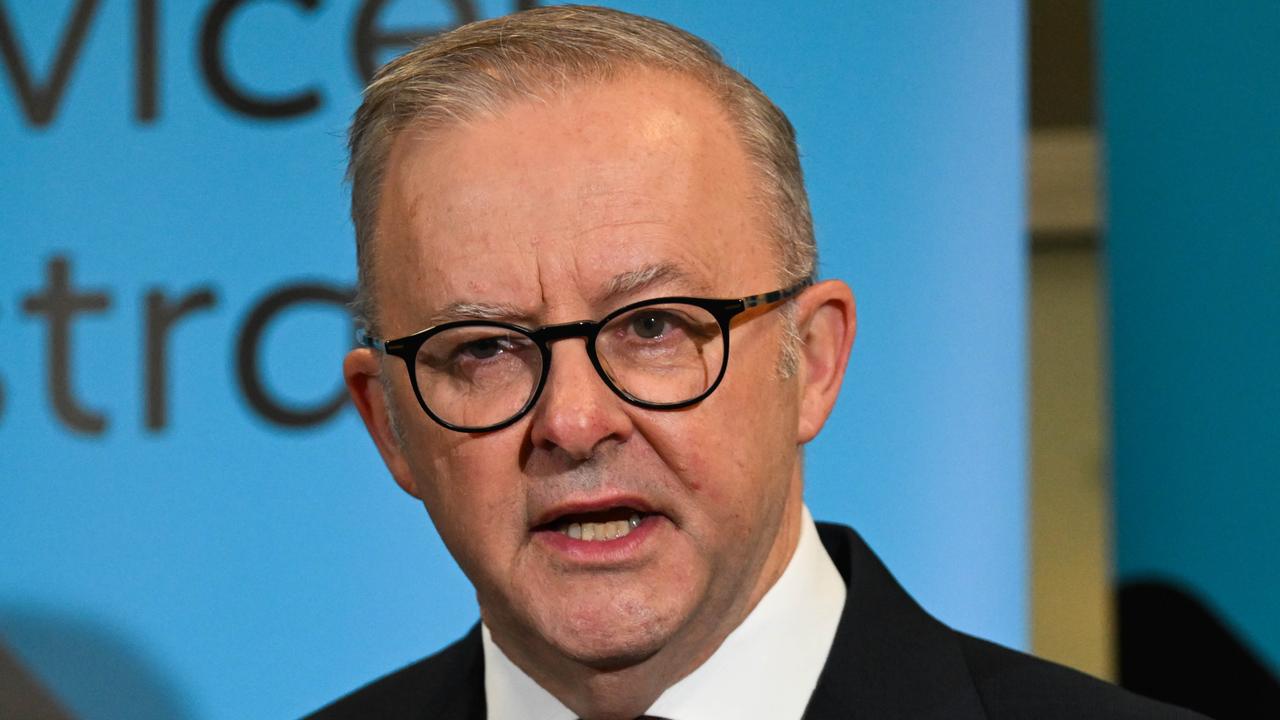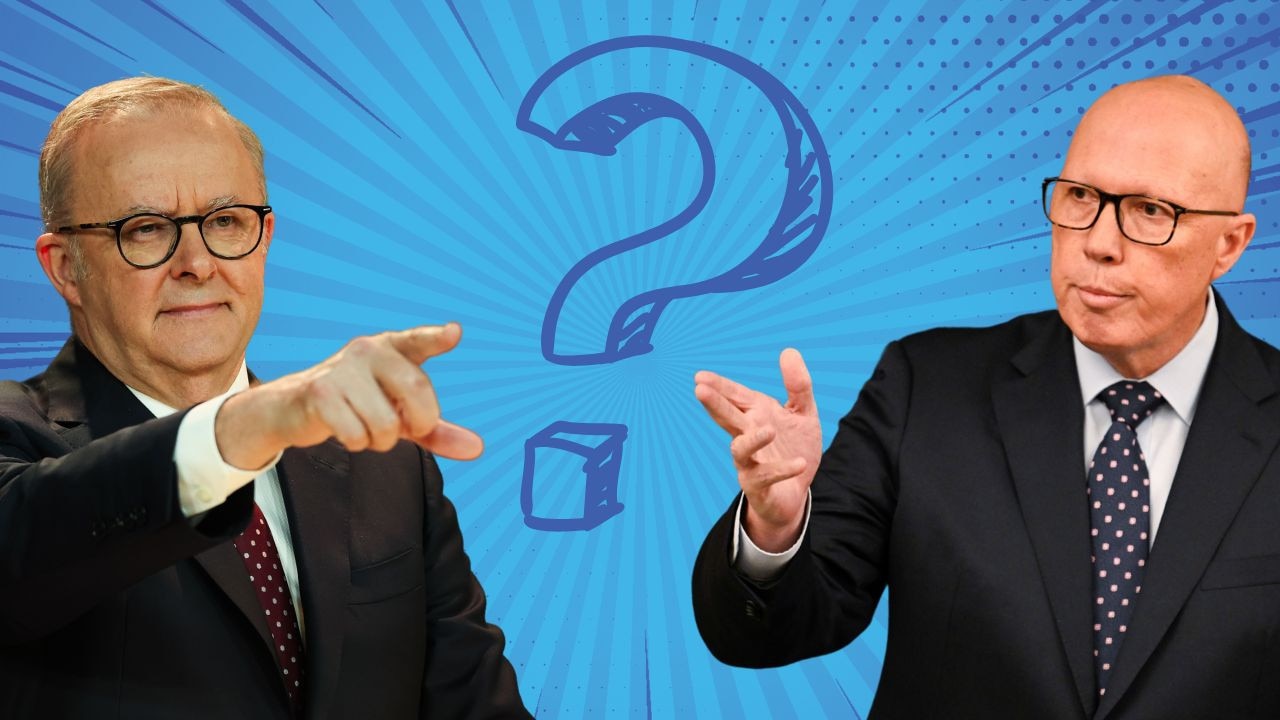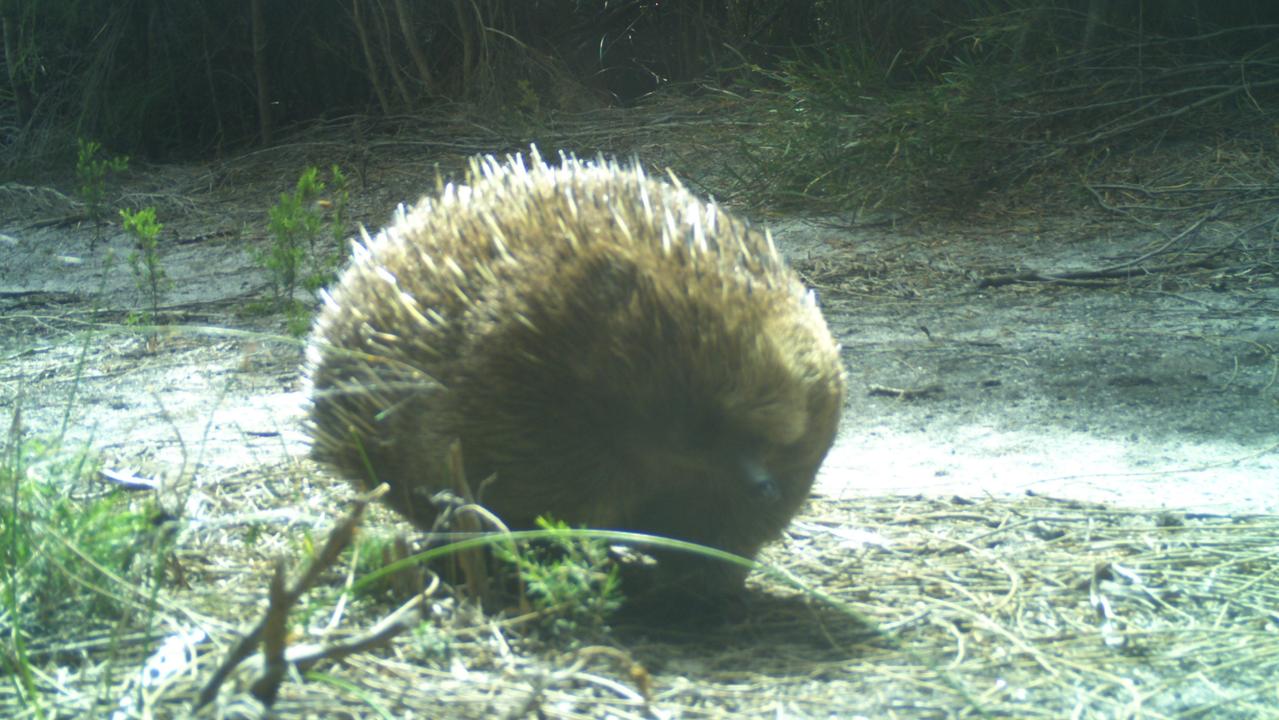First homebuyer superannuation scheme to ‘boost savings by 30 per cent’, Scott Morrison says
THE growing number of Tasmanians battling to buy a home or afford the rent could benefit from a suite of new Budget measures tackling housing affordability.

THE growing number of Tasmanians battling to buy a home or afford the rent could benefit from a suite of new Budget measures tackling housing affordability.
A central theme in Treasurer Scott Morrison’s 2017-18 Budget pitch was the acknowledgement that many Australians feel frustrated in their inability to “get ahead”, including buying a home.
“Whether you are saving to buy a home, spending a high proportion of income on your rent, waiting for subsidised housing, or you’re homeless, this is an important issue to you,” Mr Morrison said.
“There are no silver bullets to make housing more affordable. But by adopting a comprehensive approach, by working together, by understanding the spectrum of housing needs, we can make a difference.”
While Tasmania has not experienced the skyrocketing house prices of the major cities, house prices in Hobart are now rising faster than other capitals competition among buyers has reached fever pitch.
A looming rental crisis has also been identified in Hobart, with housing support services and real estate agents identifying a major shortage of rentals.
Many people across the state on low incomes are struggling to pay the rent and the public housing waiting list continues to climb despite the State Government’s efforts to build new homes.
Housing affordability measures in the Budget include:
NEW agreements with states and local government to get more homes built, and which will require the states to deliver on housing supply targets and reform planning systems.
STATES and territories will be encouraged to transfer housing stock to the community sector – a process already underway in Tasmania
ALLOWING first home buyers to save up to $30,000 by salary sacrificing into their superannuation accounts. The Government predicts the scheme will allow people to accelerate their savings by 30 per cent,
OLDER Australians will be encourage to downsize and free up housing stock by being given more flexibility to contribut the proceeds of the sale of their home into superannuation
TIGHTENING rules for foreign investors in residential property
INCENIVES for investment in new or existing affordable housing
NEGATIVE gearing stays, but there will be some tinkering with investor tax incentives
Under the widely anticipated superannuation scheme for first home buyers, existing super balances will remain locked away.
From July 1, savers will be able to salary sacrifice extra contributions into their superannuation account above the compulsory contribution, up to a maximum of $30,000 in total and $15,000 in a single year.
They will then be able to withdraw that cash from July 1, 2018 onwards, along with any associated earnings.
“Under this plan, most first home savers will be able accelerate their savings by at least 30 per cent,” Treasurer Scott Morrison said in his budget speech.
Some economists have previously questioned the wisdom of such a scheme, warning it may simply increase demand and push up house prices.
Dubbed the “First Home Super Savers Scheme”, it will attract the tax benefits of superannuation, with contributions and earnings taxed at 15 per cent, rather than marginal rates, and withdrawals taxed at 30 per cent below their marginal rate.
“Savers will not have to set up another account, they can just use their existing super account and decide how much of their income they want to put aside to save for their first home deposit,” Mr Morrison said.
For an idea of how it would work, the government gives the example of “Michelle”.
Michelle earns $60,000 a year, and salary sacrifices $10,000 of her pre-tax income into her superannuation account, boosting her balance by $8500 after contributions tax. After three years, she can withdraw $27,380 plus earnings on those contributions, paying tax of $1620, leaving her with $25,760 for her deposit. That works out to about $6240 more than if she had saved in a standard deposit account.
The scheme is expected to cost the budget bottom line $250 million over four years, while the Australian Taxation Office will be given an additional $9.4 million for its implementation.
Here are some the other housing affordability measures contained in the 2017 budget:
NEGATIVE GEARING RULES TIGHTENED
Negative gearing remains, but rules are being tightened around what can be claimed, specifically travel expenses and depreciation deductions.
Under new rules coming into effect from July 1, depreciation deductions for plant and equipment items such as washing machines and ceiling fans will only be allowed if the investor actually bought them.
The “integrity measure”, which is intended to address concerns that such items are being claimed as tax write-offs by successive investors in excess of their actual value, is tipped to claw back $260 million over the next four years. The changes will apply to any items purchased after budget night, but existing investments will be grandfathered.
Meanwhile, investors will no longer be able to claim tax deductions for travel expenses “related to inspecting, maintaining or collecting rent for a residential rental property” from July 1.
The measure is intended to “address concerns that many taxpayers have been claiming travel deductions without correctly apportioning costs, or have claimed travel costs that were for private travel purposes”. Property management fees for third parties such as real estate agents will remain tax deductible. The government expects the travel changes to bring in an extra $540 million in revenue over the next four years.

FOREIGN PROPERTY INVESTOR CRACKDOWN
Foreign investors are facing a tax crackdown under the Budget package, while new developments will be subject to a 50 per cent cap on foreign investment approvals to “safeguard the opportunity for Australian buyers to purchase”.
Capital gains tax rules are being tightened for foreign investors, who will no longer be able to access the main residence exemption. The new rule starts on budget night but will be grandfathered for existing properties until June 30, 2019. Other changes from July 1 include increasing the capital gains tax withholding rate for foreign tax residents from 10 per cent to 12.5 per cent from, and reducing the capital gains tax withholding threshold for foreign tax residents from $2 million to $750,000. Together the changes will bring in an extra $581 million over the next four years.
Meanwhile, foreign investors in residential real estate will be slapped with a “ghost tax” if they leave their properties empty or not available for rent for at least six months of the year.
The annual charge will be equivalent to the foreign investment application fee which was paid at the time of application and will work out to at least $5000. The measure is expected to net $20 million in revenue over the next four years.
DOWNSIZING INCENTIVES FOR BOOMERS
From July 1, 2018, people aged 65 and over will be able to make a non-concessional contribution of up to $300,000 from the sale of their principal residence into their superannuation, provided they have lived their for at least 10 years.
This move is aimed to encourage empty nesters to downsize to free up more properties.
The downsizing contributions will fall outside of existing contribution caps, and both members of a couple will be able to take advantage of the measure from the same home. The scheme is expected to cost the government $30 million in lost revenue over the forward estimates period.
UNLOCKING EXTRA HOUSING SUPPLY
The government is placing a big focus on “building more homes” to ease housing affordability issues.
A range of measures including working with states and territories to reform planning and zoning laws, opening up surplus Commonwealth land for development, and establishing a $1 billion National Housing Infrastructure Facility to “address infrastructure chokepoints that are impeding housing development in critical areas of undersupply”.
In Melbourne, land for a new suburb that could include 6000 homes will be unlocked 10km from the CBD at old Defence land at Maribyrnong.
Mr Morrison said there would also be “tens of thousands” of new homes delivered in western Sydney as part of the “Western Sydney city deal”.
WORKING TO EXTEND RENTAL PERIODS
Without giving too much detail, the government says it is “providing more security for renters” by working with state and territory governments to “standardise use of long-term leases” — which seems like a bit of a wait-and-see measure.
BOOST TO HOMELESSNESS FUNDING
The government says it is working with state and territory governments to “reform” the National Housing and Homelessness Agreement to better tie federal funding to outcomes. In addition to current funding and indexation agreements, it will commit an extra $375 million over three years from 2018-19 to fund frontline services.
A ‘BANK’ FOR AFFORDABLE HOUSING
In a bid to boost private investment in affordable housing, the government will offer tax incentives and establish a so-called “bond aggregator” — effectively a government-backed bank — to provide “cheaper and longer-term finance for the community housing sector”.



